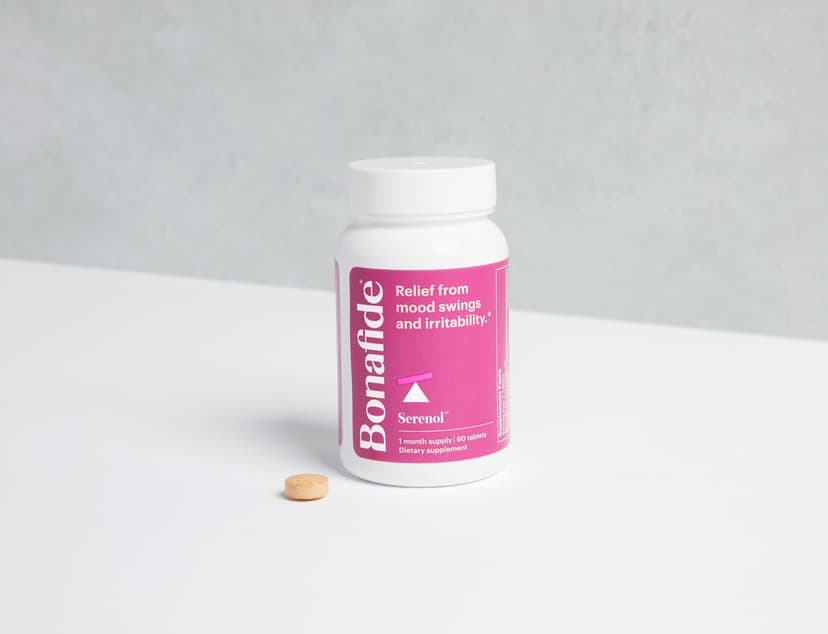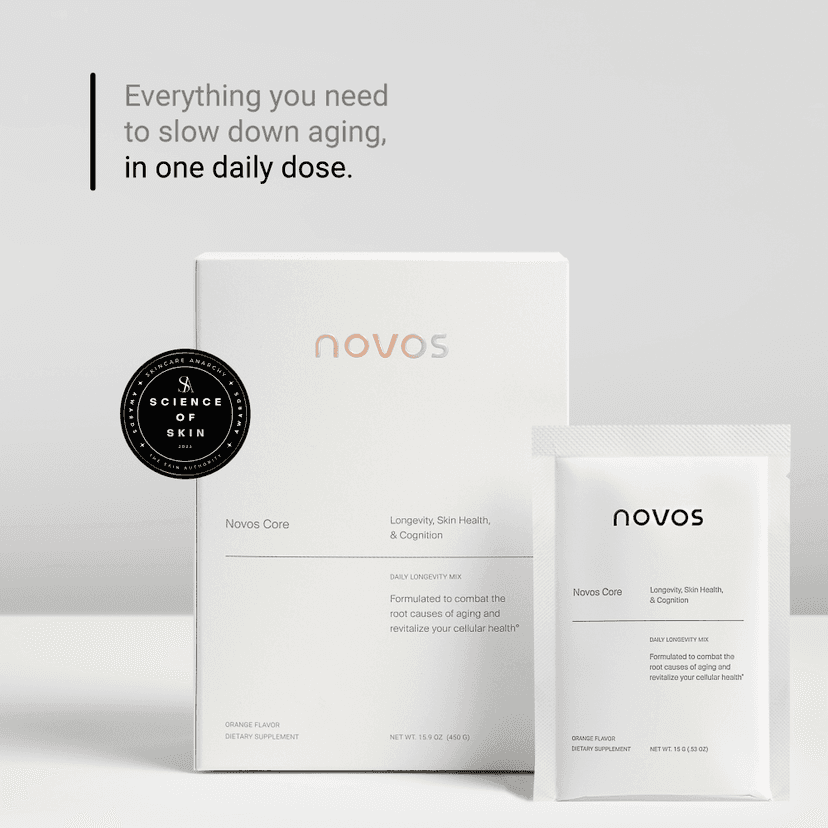Staying hydrated is essential for keeping our bodies running smoothly. Water helps control our body temperature, keeps our joints moving easily, and carries nutrients to our cells. When we're well-hydrated, we sleep better, think more clearly, and feel happier.
Key Takeaways
- Water helps keep your body temperature steady, making sure you don't get too hot or too cold.
- Your joints need water to stay lubricated and move without pain.
- Drinking enough water helps your body transport nutrients to where they are needed.
- Not drinking enough water can lead to serious health problems over time.
- Good hydration can improve your mood, memory, and overall brain function.
The Role of Water in Bodily Functions
Regulating Body Temperature
Water helps keep our body temperature stable. It absorbs and releases heat slowly, which stops our body from getting too hot or too cold quickly. This is really important when we exercise or are in hot weather.
Lubricating Joints
Our joints need water to stay smooth and move easily. Water is a big part of the fluid that cushions our joints. Without enough water, our joints can get stiff and hurt.
Nutrient Transportation
Water is like a delivery truck for our body. It carries nutrients to our cells and takes away waste. This helps our body get the good stuff it needs and get rid of what it doesn't. Staying hydrated makes sure this system works well.
Water is essential for almost every process in our body. Keeping hydrated helps us stay healthy and feel good.
Signs and Symptoms of Dehydration
Physical Symptoms
Dehydration can show up in many ways. Common signs include dry mouth, extreme thirst, and dark-colored urine. You might also feel tired, dizzy, or have a headache. If you notice little or no urine, or if your urine is darker than usual, it's a sign you need more fluids. Muscle cramps and a fast heartbeat can also be symptoms.
Cognitive Impacts
Not drinking enough water can affect your brain too. You might find it hard to concentrate or feel confused. Some people even experience mood swings or feel unusually tired. These cognitive impacts can make daily tasks harder and affect your overall well-being.
Long-term Health Risks
Ignoring dehydration can lead to serious health problems over time. Chronic dehydration can increase the risk of kidney stones, urinary tract infections, and even kidney disease. It can also make you more prone to heat-related illnesses and affect your heart health. Staying hydrated is key to avoiding these long-term risks.
It's important to listen to your body and drink water regularly, even if you don't feel thirsty. This helps keep your body and mind in top shape.
Daily Water Intake Recommendations
General Guidelines
Staying hydrated is crucial for maintaining overall health. Experts suggest that women should aim for about 11 cups of water daily, while men should target around 16 cups. This includes all sources of water, such as beverages and food.
Factors Affecting Water Needs
Several factors can influence how much water you need, including:
- Age: Younger individuals generally need more water.
- Activity Level: More active people require more hydration.
- Climate: Hotter environments increase water needs.
- Health Status: Certain conditions may require more water intake.
Tips for Staying Hydrated
Here are some simple tips to help you stay hydrated:
- Carry a water bottle with you throughout the day.
- Drink a glass of water before each meal.
- Add natural flavors like lemon or cucumber to your water.
- Eat water-rich foods like fruits and vegetables.
Remember, staying hydrated is not just about drinking water; it's about maintaining a balance that supports your body's needs.
The Impact of Hydration on Cognitive Function
Memory and Concentration
Staying hydrated is essential for keeping your brain sharp. Even mild dehydration can affect your memory and concentration. When you don't drink enough water, you might find it harder to focus on tasks or remember things. This is because your brain cells need water to function properly.
Mood and Emotional Well-being
Your mood can also be influenced by how much water you drink. Dehydration can lead to feelings of irritability and anxiety. Drinking enough water helps keep your mood stable and can even reduce the chances of feeling down or stressed.
Preventing Cognitive Decline
Drinking water regularly can help protect your brain as you get older. Proper hydration supports brain health and may reduce the risk of cognitive decline. By keeping your brain well-hydrated, you can help maintain its function and slow down age-related issues.
Hydration and Physical Performance
Exercise and Endurance
Staying hydrated is crucial for anyone who exercises. Water helps your muscles work better and longer. When you're dehydrated, you might feel tired faster and your muscles can cramp up. Drinking enough water helps you keep going, whether you're running, biking, or playing sports.
Muscle Function and Recovery
Water is important for your muscles to work well. It helps them move and recover after you exercise. If you don't drink enough water, your muscles might feel sore and take longer to get better. Drinking water can help you feel less sore and get back to your activities faster.
Preventing Heat-related Illnesses
When you exercise, your body gets hot. Drinking water helps cool you down and keeps you from getting too hot. If you don't drink enough, you could get heat stroke or other heat-related problems. It's important to drink water before, during, and after you exercise to stay safe.
Even losing a small amount of water, like 2% of your body's water, can make it harder to exercise and think clearly. Always keep a water bottle handy to stay hydrated.
Hydration for Skin Health
Maintaining Skin Elasticity
Water is essential for keeping your skin elastic and firm. When you're well-hydrated, your skin can bounce back more easily and looks more youthful. Proper hydration helps to maintain the skin's natural barrier, protecting it from environmental damage.
Preventing Dryness and Irritation
Staying hydrated helps to prevent your skin from becoming dry and irritated. When your body has enough water, it can keep your skin moisturized from the inside out. This reduces the chances of flakiness and itchiness.
The Role of Water in Detoxification
Water plays a key role in flushing out toxins from your body. When you drink enough water, it helps your kidneys and liver to remove waste products more efficiently. This detoxification process can lead to clearer, healthier skin.
Drinking enough water daily is one of the simplest ways to support your skin's health and appearance.
Choosing the Right Hydration Sources
Water vs. Other Beverages
When it comes to staying hydrated, water is the best choice. It's calorie-free, easily accessible, and does a great job of keeping your body in balance. However, other beverages can also contribute to your daily fluid intake. These include milk, juice, and herbal teas. It's important to be mindful of drinks with added sugars or caffeine, as they can have diuretic effects.
Electrolyte Solutions
Electrolyte solutions are particularly useful for people who are active or sweat a lot. These drinks help replenish essential minerals like sodium, potassium, and magnesium, which are lost through sweat. They can be especially beneficial during intense exercise or in hot weather.
Hydration Myths and Facts
There are many myths about hydration that can be confusing. For example, some people believe that you need to drink eight glasses of water a day, but the truth is that hydration needs vary from person to person. Another common myth is that coffee and tea dehydrate you, but in moderation, they can actually contribute to your daily fluid intake.
Staying hydrated is crucial for your overall health. Make sure to choose the right sources to keep your body functioning at its best.
Conclusion
Staying hydrated is key to keeping our bodies running smoothly. Water helps with everything from keeping our joints moving to making sure our brains work well. It even helps us sleep better and stay in a good mood. By drinking enough water every day, we can make sure our bodies stay healthy and strong. So, always remember to drink up and keep yourself hydrated!
Frequently Asked Questions
Why is drinking water important for my body?
Water helps control your body temperature, keeps your joints moving smoothly, delivers nutrients to your cells, and helps your organs work right. It also improves your sleep, thinking, and mood.
What are some signs that I might be dehydrated?
If you're dehydrated, you might feel thirsty, have a dry mouth, or feel tired. You could also get a headache, feel dizzy, or have dark yellow pee.
How much water should I drink each day?
Most people should drink about 8 cups of water a day. But you might need more if you're very active, it's hot outside, or you're pregnant.
Can drinking water help my skin look better?
Yes, staying hydrated can help keep your skin stretchy and prevent dryness and irritation. Water also helps flush out toxins that can affect your skin.
Is it okay to drink other beverages instead of water?
Water is the best choice, but other drinks like milk and juice can also help you stay hydrated. Just watch out for drinks with lots of sugar or caffeine.
What can I do to make sure I drink enough water?
Carry a water bottle with you, drink a glass of water with each meal, and try eating water-rich foods like fruits and veggies. Set reminders if you have trouble remembering to drink water.



















